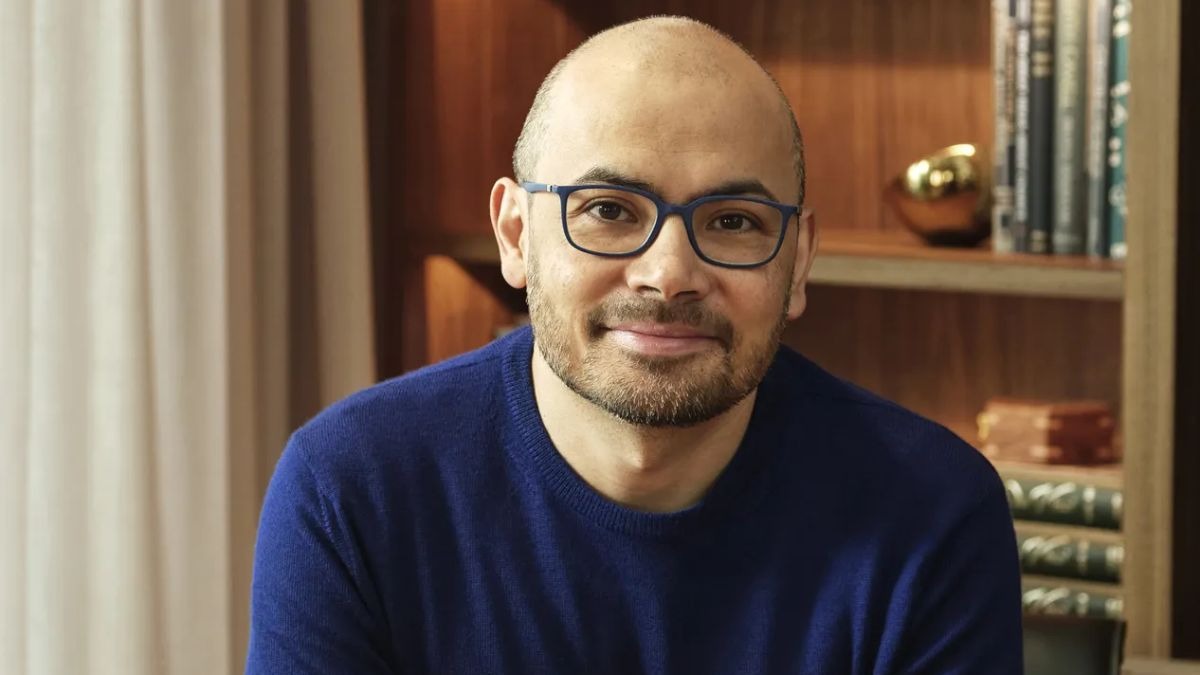Artificial intelligence may one day cure diseases, solve climate change, and usher in a new industrial revolution. But for now, one of AI’s leading figures has his sights set on something far more immediate: fixing email.
Speaking at the SXSW London festival, Demis Hassabis, CEO of Google DeepMind, revealed that his team is developing a “next-generation email” system powered by AI. The goal? To liberate people from the daily grind of overflowing inboxes, missed messages, and repetitive replies.
“The thing I really want – and we’re working on – is can we have a next-generation email,” Hassabis said. “I would love to get rid of my email. I would pay thousands of dollars per month to get rid of that.”
The system DeepMind is building aims to read, understand, and respond to routine emails in a user’s personal writing style, effectively automating the bulk of modern communication. More importantly, Hassabis believes such tools can prevent crucial messages from slipping through and protect users from other attention-hijacking algorithms built by big tech platforms.
“It basically gives you more time and maybe protects your attention from other algorithms trying to gain your attention,” he added. “I think we can actually use AI in service of the individual.”
The irony isn’t lost on Hassabis. He’s renowned for creating AlphaFold 2, the AI model that solved the protein folding problem, earning him a reputation for using AI in the most noble ways to push the boundaries of science and medicine. Yet the everyday annoyance of email now ranks high on his personal list of priorities.
Part of this reflects the dual pressures of Hassabis’ role. DeepMind, which was acquired by Google in 2014, is simultaneously driving scientific discovery and feeding innovation into Google’s consumer AI products, from its Gemini chatbot to its newly announced video model, Veo 3.
Hassabis has long imagined AI as a field led by science, perhaps governed by a CERN-like global research initiative. But the pace of AI’s commercial potential brought in big tech players sooner than he expected. “The capitalist engine has done what it does best,” he noted, acknowledging that the commercialisation of AI has both accelerated progress and complicated its purpose.
Despite these contradictions, he remains focused on the long game: the development of artificial general intelligence (AGI), AI systems capable of matching or exceeding human cognitive abilities across a wide range of tasks.
Hassabis believes AGI could be just five to ten years away. “That is very short if you think about how momentous a moment that will be,” he said. “I think it’ll be nothing short of a new Industrial Revolution.”
He sees AGI as a pathway to breakthroughs like curing all known diseases and achieving unlimited renewable energy, what he calls “radical abundance.” But even in this best-case scenario, Hassabis urged academics and policymakers to begin addressing the potential societal consequences now, especially the equitable distribution of such prosperity.
“Even in the good case where we get radical abundance and economic prosperity, can we make sure that’s fairly shared, and fairly distributed?” he asked. “I hope economists and social scientists are thinking about that.”
Hassabis also called for international cooperation, particularly between the US and China, in ensuring the safe development of AGI. “In the end, it’s for the good of all of humanity,” he said. “It’s going to affect the whole of humanity.”
For now, though, the AI revolution may begin not with grand scientific breakthroughs, but with something much more personal: an inbox that finally manages itself.
